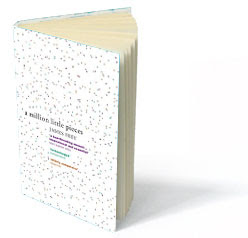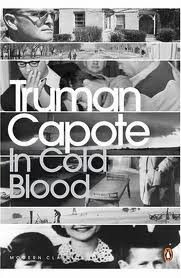
Now this is a book I really wanted to like. Sometimes you come across a book in a perfect kind of way, and with the weird symmetry that life can sometimes have, it becomes the perfect book for you right then. I found this book randomly in a Goodwill in LA. I had just had my mind boggled by what books cost in a real bookshop (a place I never go): US$16! So the price was right: US$1.99. Also, it was the only thing worth reading in the whole place. I was giving up, because all the rest was sad 80s chick lit, or self help (Dream Yourself Thin, etc), when suddenly I found “the major achievement in post-war English fiction” (Guardian); “one of the most important works of fiction since the Second World War” (New Yorker) and “more realistic than A La Recherche du Temps Perdu” (Evelyn Waugh). And I’d never heard of it! The Waugh really sold me. As we know, I love me some Proust in a serious, and seriously embarrasing, way. I love big fat novels that you can live in for months, and I love dry old English lit.
And it certainly is dry. Very dry. It’s told in the first person, by one Nick Jenkins, beginning in his last few years at public school, sometime in the 1930s. The work is made up of 12 novels, and the three I have in this volume are A QUESTION OF UPBRINGING, A BUYER’S MARKET, and THE ACCEPTANCE WORLD. The first covers his school years, the next his first years out of school, and I can’t tell you about the third one because I have given up on it.
I really want to like it, but I just can’t. There are some interesting elements. It’s quite involving to see how the First World War affected those just slightly too young to fight in it, and to see what daily life was like in that period. Occasionally, the author makes observations about human life and behaviour that are insightful and compelling. And yet, somehow, I just can’t go on. For one thing, we know virtually nothing about the inner life of the first person narrator. I’ve never come across anything like that, and it’s just bizarre. It gives the whole novel a kind of empty, unengaging feel. What we mostly learn about are his acquaintances (not even really his best friends) who he runs into an improbable number of times in his life. We learn a lot about people he doesn’t have much strong feeling for and doesn’t care about. Apparently, this is a major theme of the book: how people and issues recur across a lifetime, making patterns, and over the course of the remaining nine books, which will take us to the 1970s and his old age, it will all become clear, and presumably engaging. Sorry Mr Powell, I just can’t make it.
Also, isn’t the cover dire?









